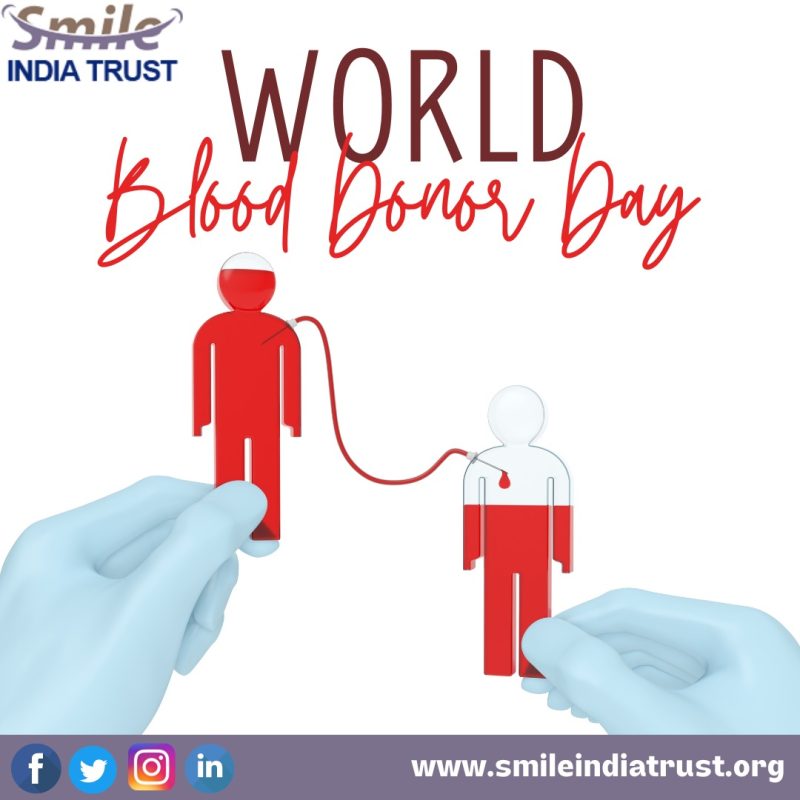Blood donation is one of the most innovative achievements of medical science. In 1628, an English physician named Dr. William Harvey discovered that blood circulates around the body in a systemic circulation, with blood pumped around the brain and body by the heart. In 1665, Dr. Richard Lower carried out the first successful blood transfusion […]
Address and PAN Information are required to generated receipts for Income Tax Deductions.

